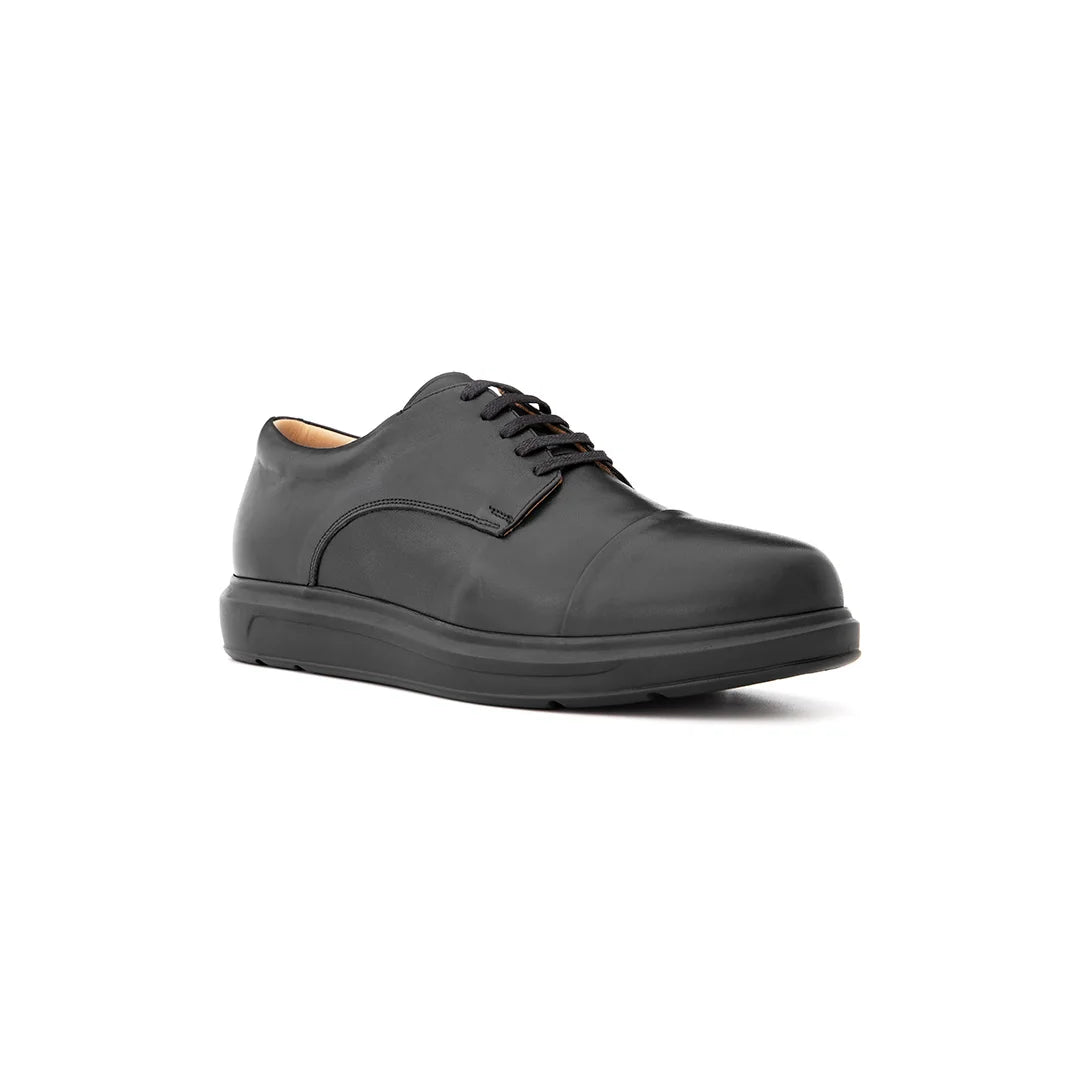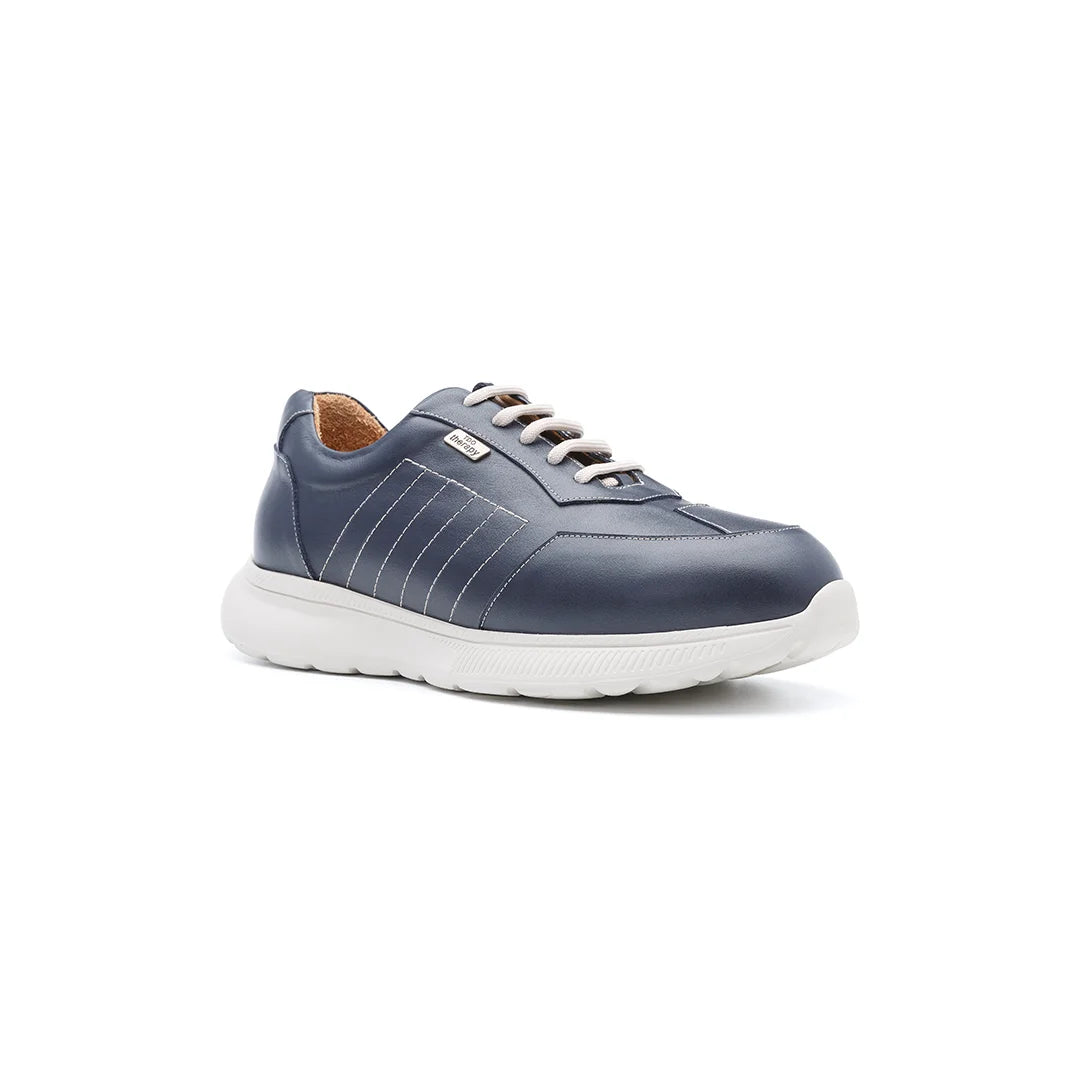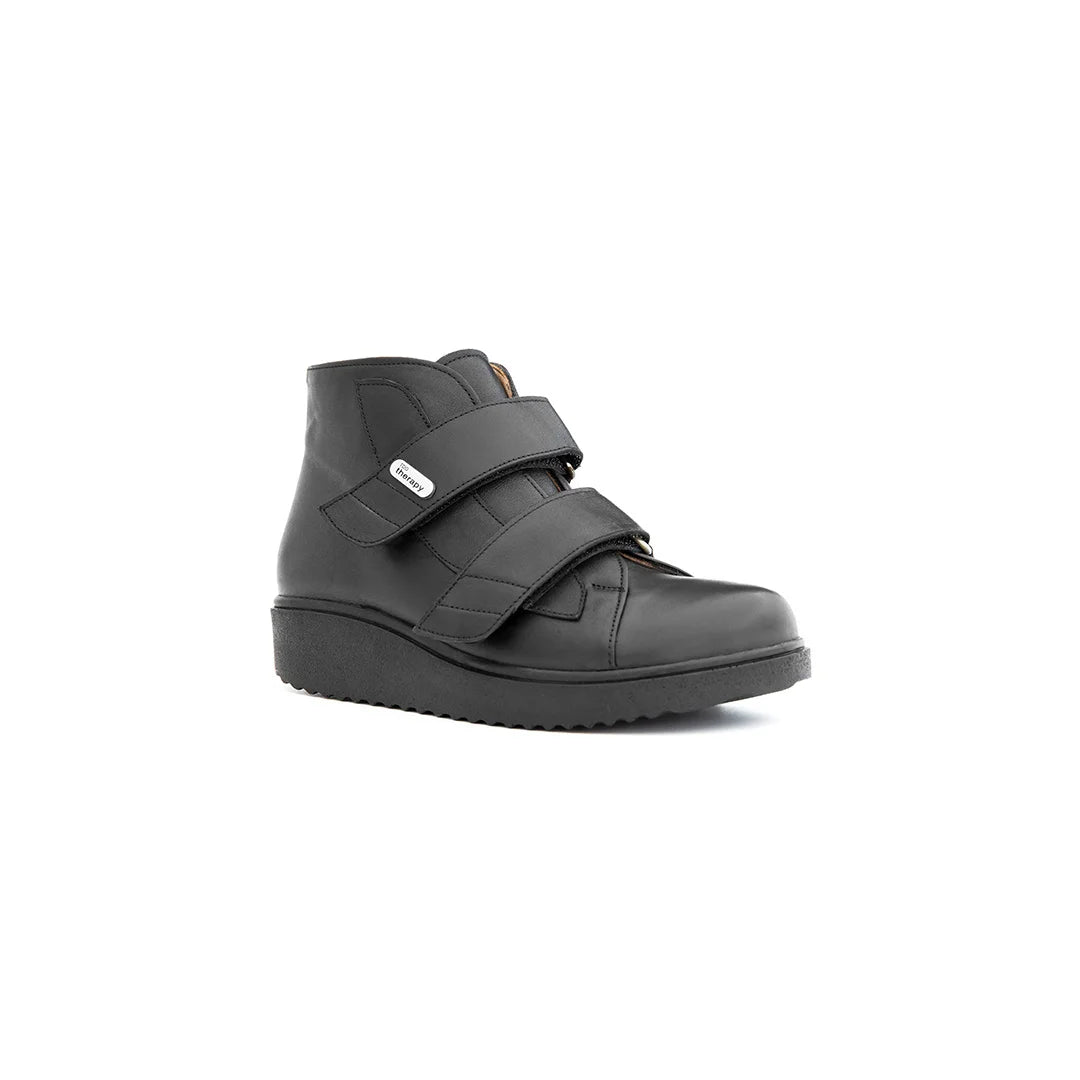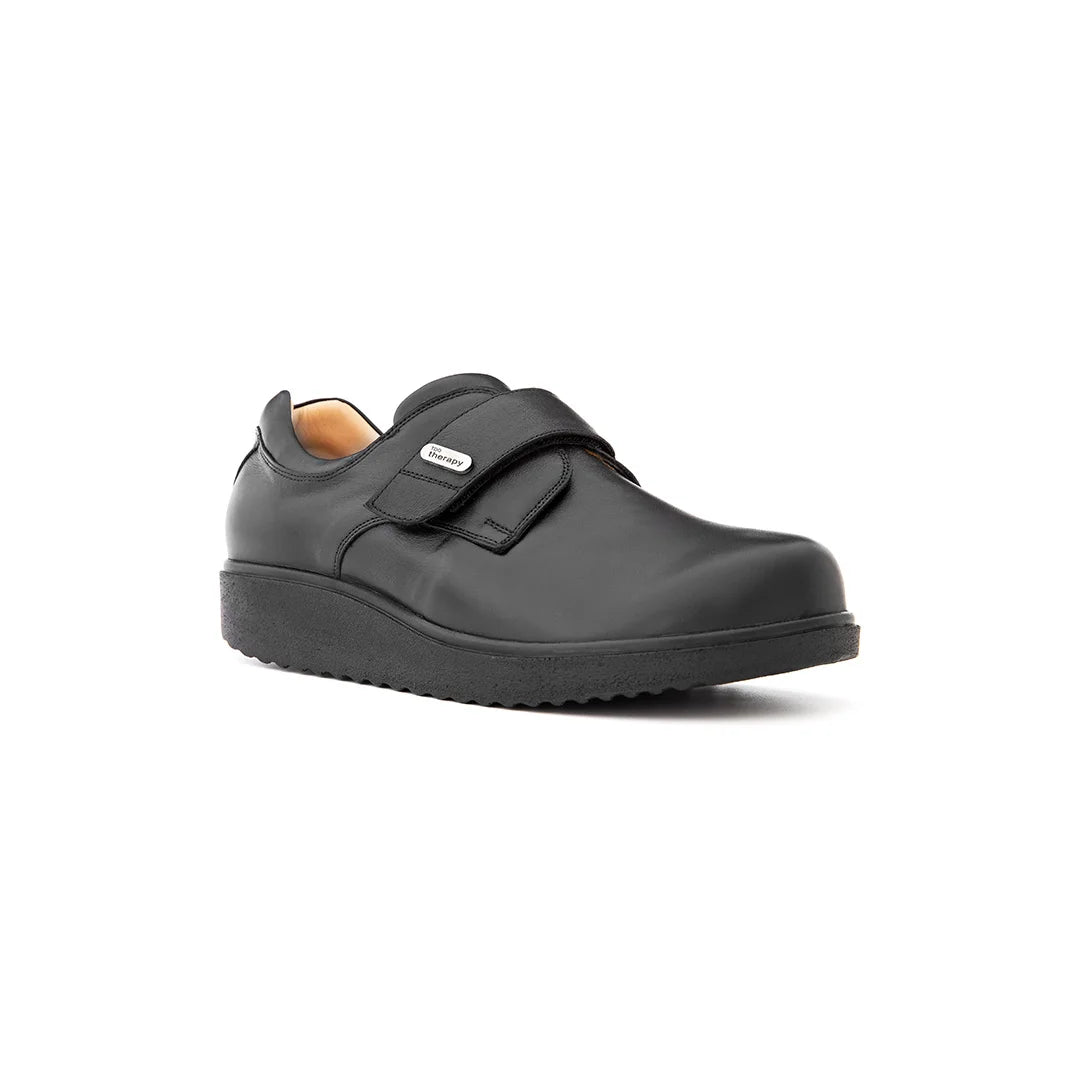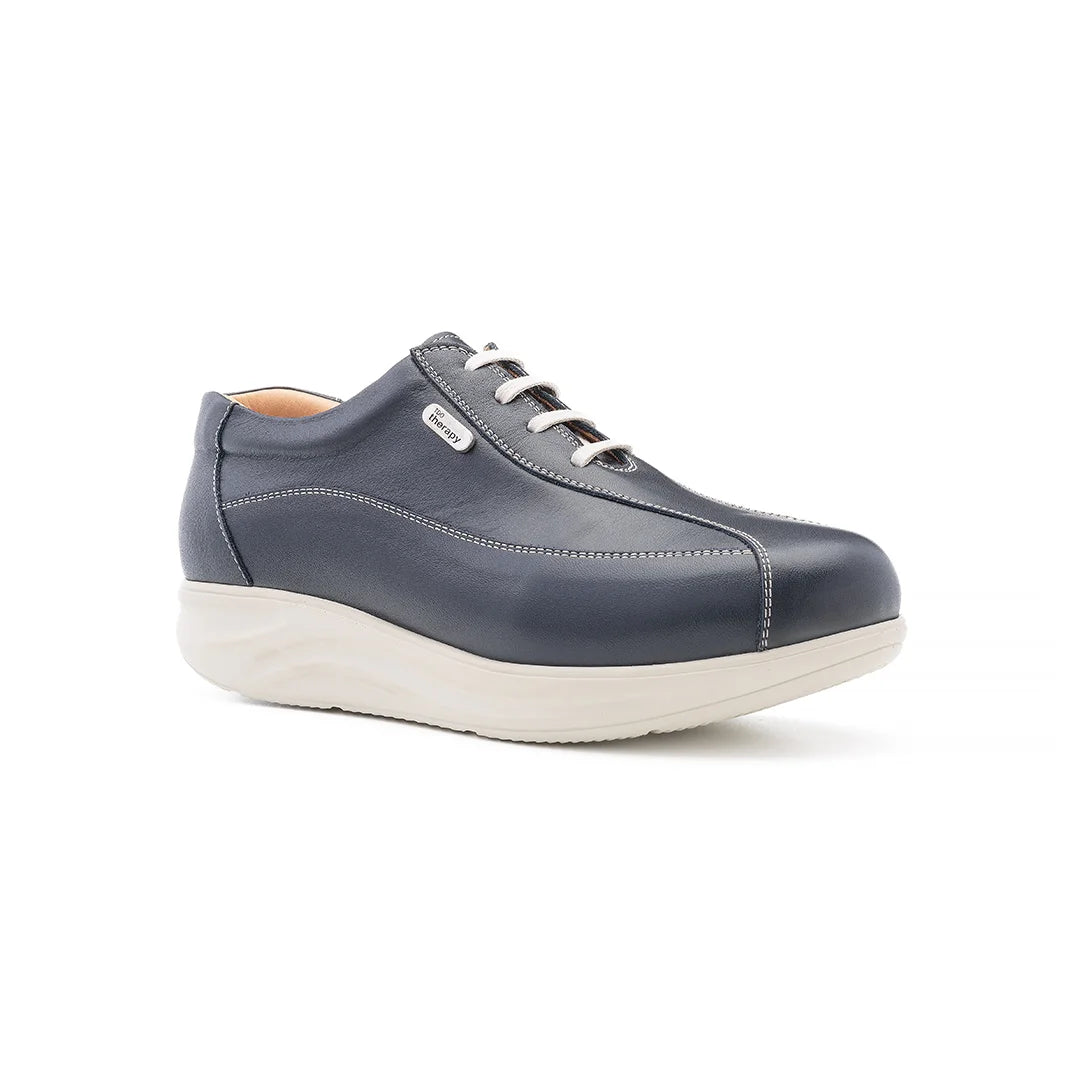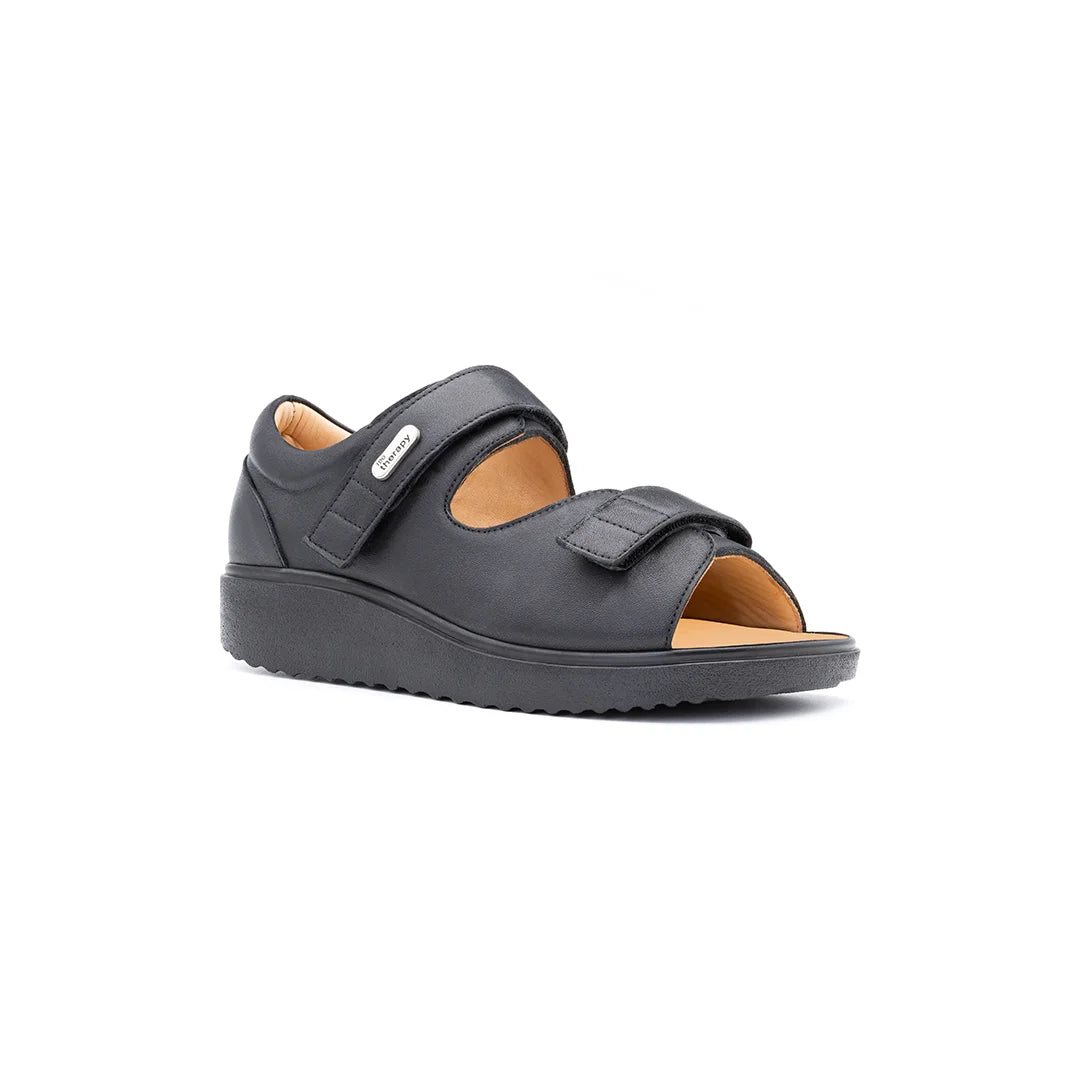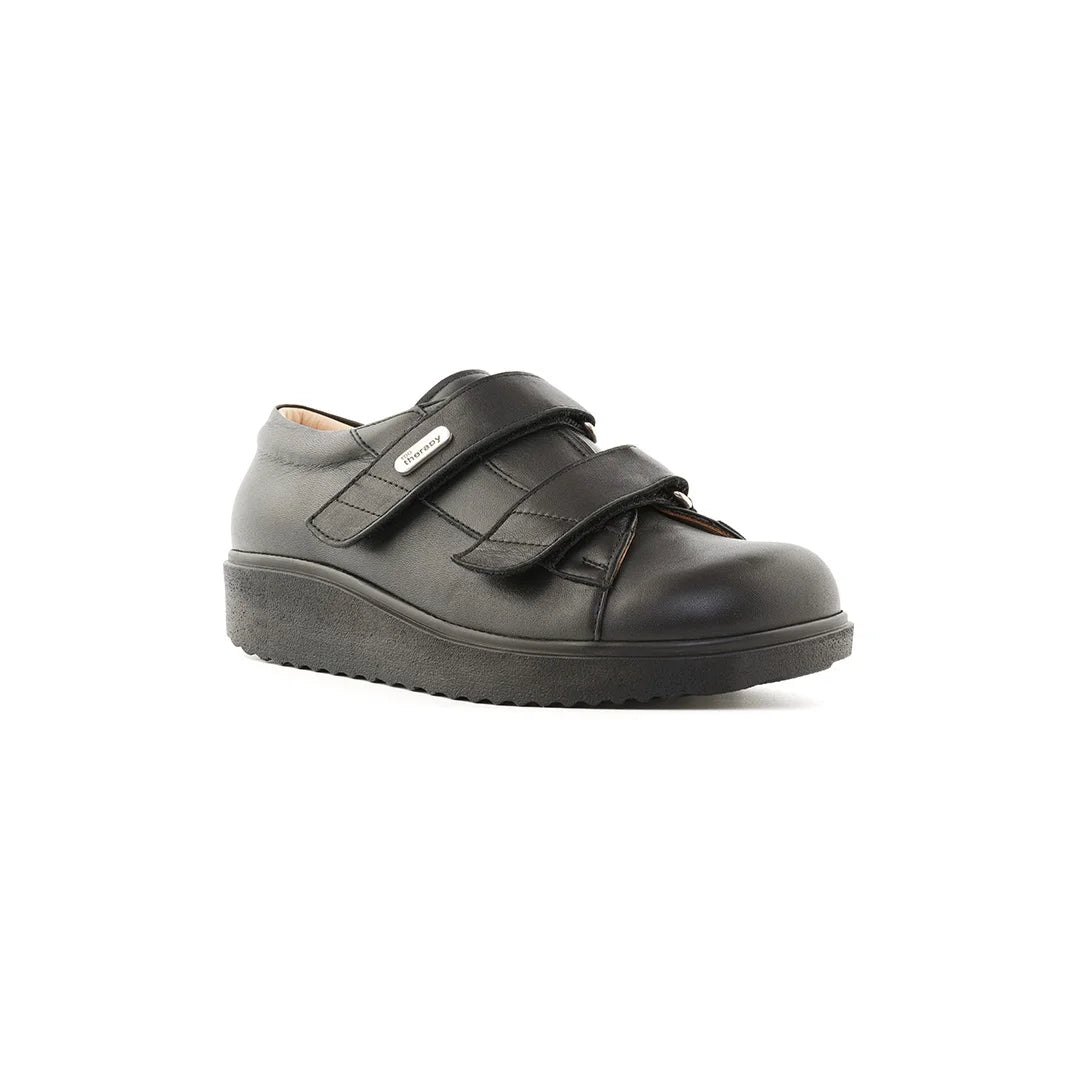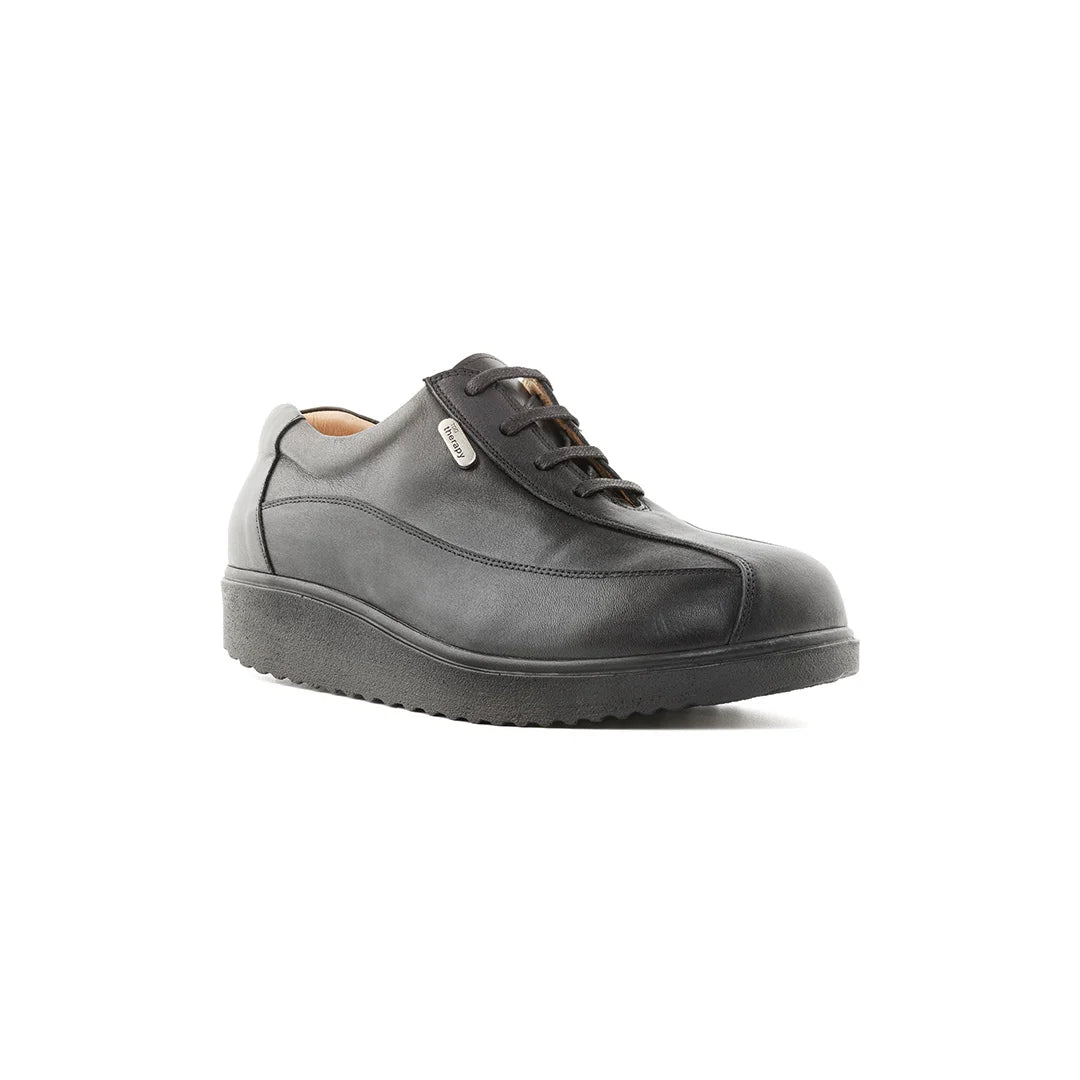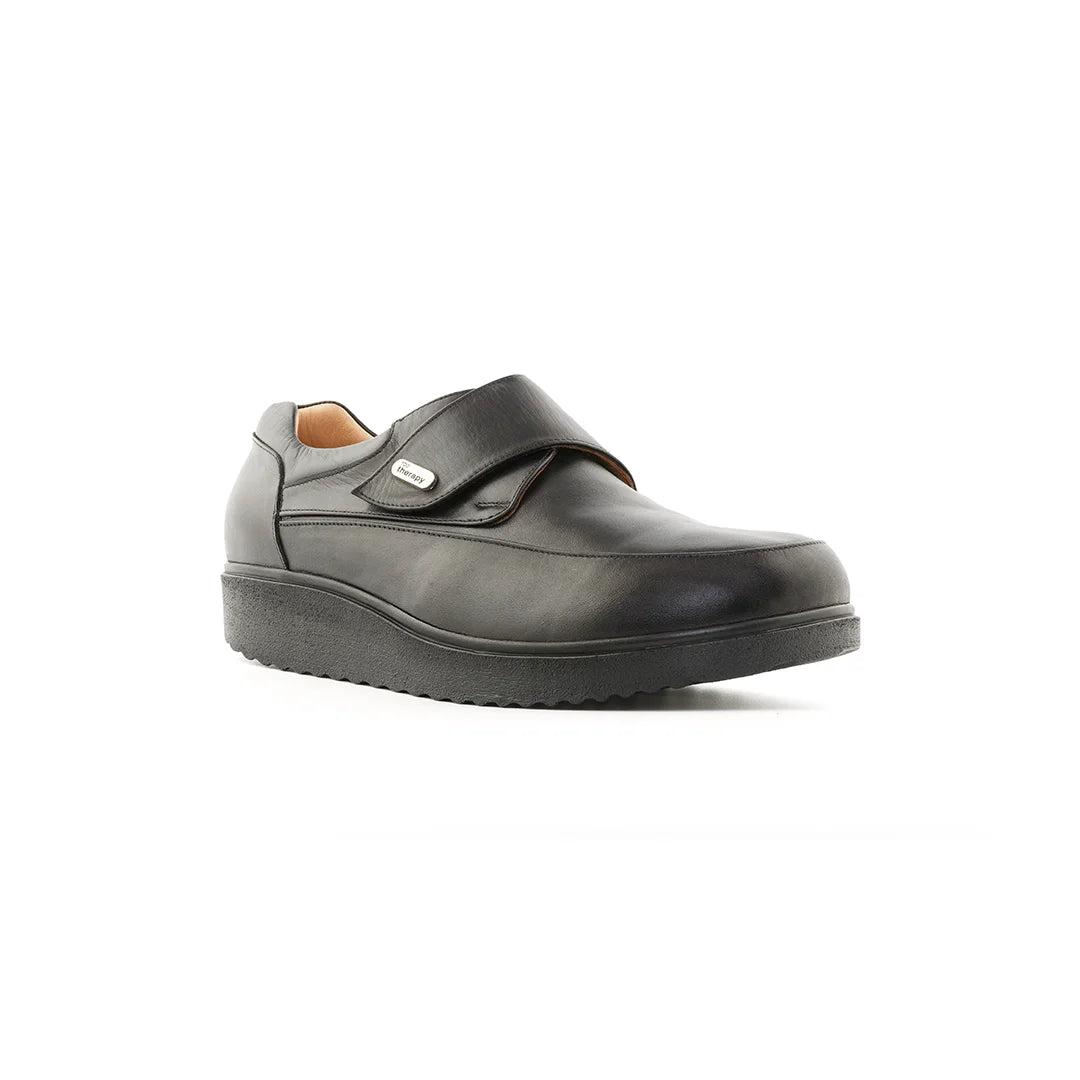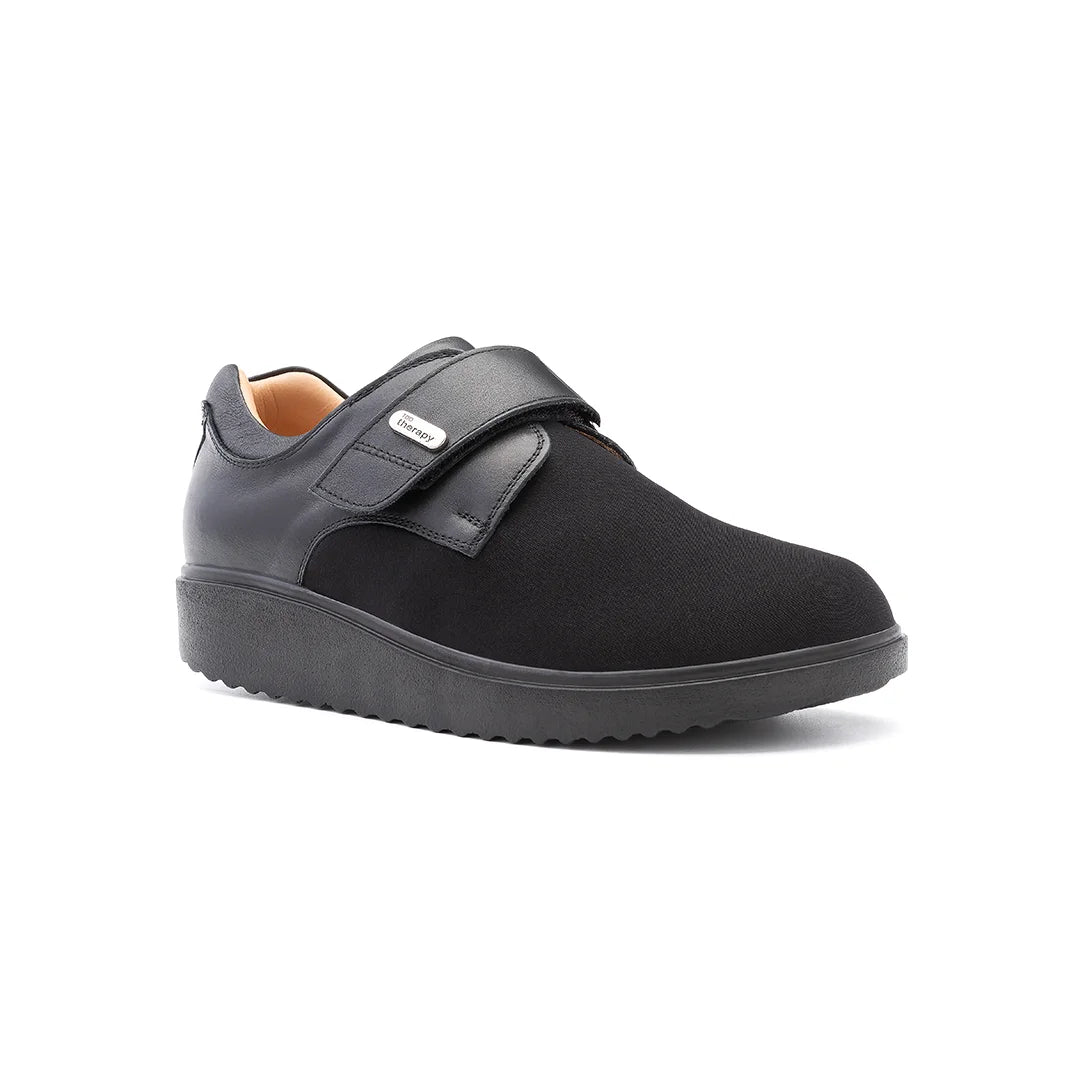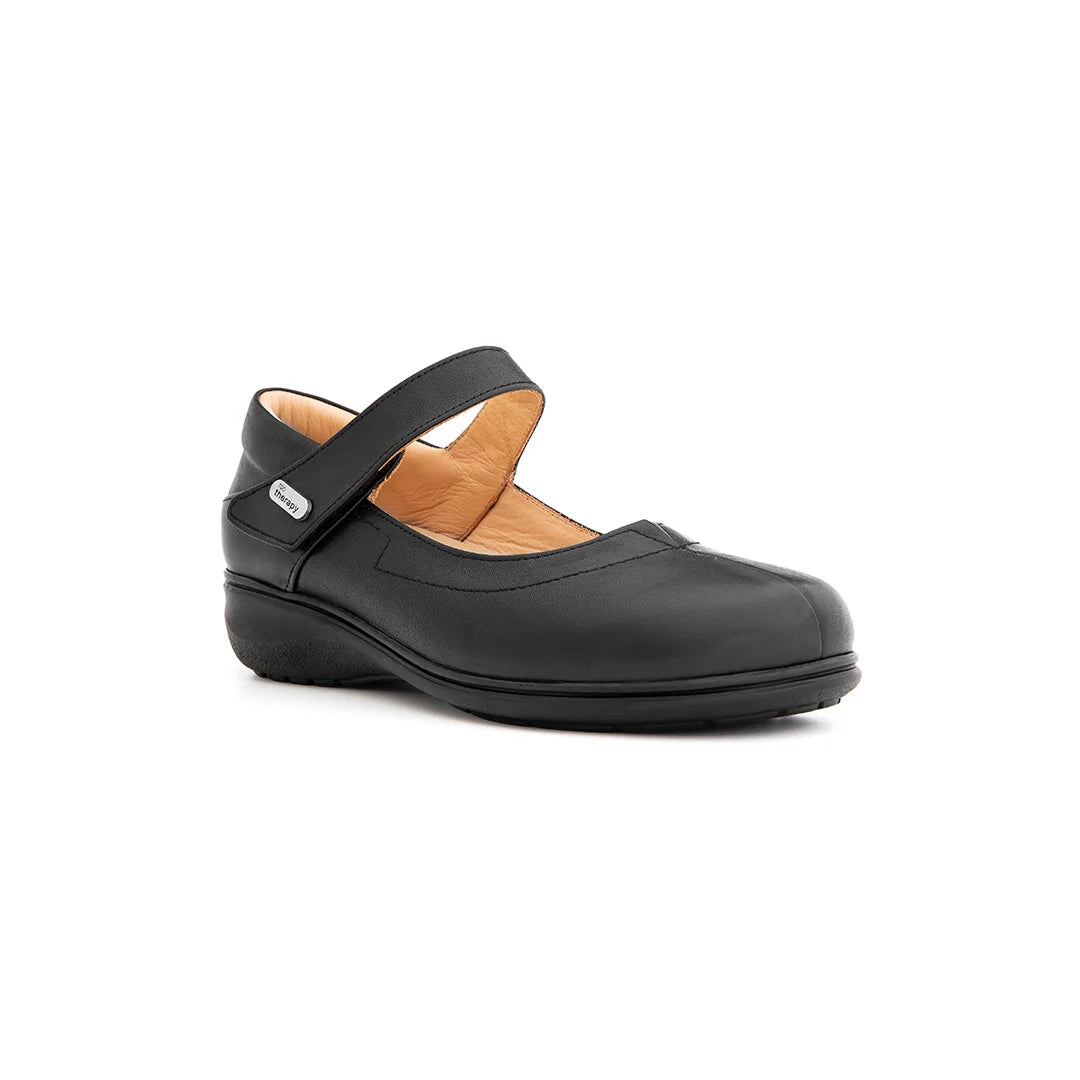There’s nothing quite like exploring the rolling hills, forest paths, and rugged coastal trails of the UK. But even the most scenic hike can turn painful if your feet aren’t supported properly. Whether you’re trekking the Lake District, walking the South Downs, or taking a weekend trail near home, the right footwear can make or break your experience.
For people who need extra comfort, support, or protection, orthopedic shoes are a game-changer on hiking trails. At TDO Therapy, our shoes are designed not just for comfort, but for biomechanical performance — combining medical-grade support with everyday practicality.
Let’s dive into how orthopedic shoes can elevate your hiking adventures while keeping your feet strong, stable, and pain-free.
Why Choose Orthopedic Shoes for Hiking?
Comfort That Lasts for Miles
Unlike standard walking shoes, orthopedic shoes are engineered to support your entire foot structure. They provide the cushioning, alignment, and flexibility you need for long distances — without the discomfort that often follows a full day outdoors.
Key comfort benefits include:
-
Enhanced shock absorption to reduce joint impact
-
Proper arch support to prevent fatigue
-
Roomy toe boxes to avoid blisters and pressure points
-
Padded interiors to minimize friction
For those with foot conditions like plantar fasciitis, arthritis, or neuropathy, orthopedic shoes are an essential companion for pain-free walking.
The Challenges of UK Hiking Trails
Hiking in the UK often means varied terrain and unpredictable weather — muddy paths, wet grass, rocky slopes, and sudden rain showers. These conditions demand footwear that’s both stable and adaptable.
Orthopedic shoes, particularly models with rocker bottom soles and slip-resistant outsoles, are ideal for:
-
Uneven or rocky ground
-
Steep inclines and descents
-
Long-distance endurance
-
Post-hike recovery and swelling prevention
While traditional hiking boots can be stiff and heavy, orthopedic designs strike a balance between support and flexibility, keeping your steps smooth even on unpredictable terrain.

Essential Features to Look for in Orthopedic Hiking Shoes
1. Rocker Bottom Sole for Smooth Gait
The rocker bottom sole, a signature TDO Therapy feature, helps your feet roll naturally from heel to toe. This design reduces pressure on the forefoot and joints — ideal for hikers tackling inclines or uneven trails. It supports forward motion while absorbing shock, helping you conserve energy over long walks.
2. Superior Arch and Heel Support
Hiking stresses your arches and heels more than casual walking. A contoured footbed with arch reinforcement helps distribute weight evenly and prevents the overpronation that can cause pain or instability on trails.
3. Breathable and Waterproof Materials
British weather is famously unpredictable. That’s why breathable, moisture-resistant materials are essential. TDO Therapy’s 100% natural calf leather and thermally balanced lining allow airflow while repelling light moisture — keeping your feet dry and blister-free.
4. Adjustable Fastenings
Velcro straps or elastic lacing systems allow hikers to adjust fit throughout the day, accommodating swelling that can occur after long hikes. A secure but flexible fit also helps prevent ankle twists and rubbing.
5. Lightweight yet Protective Design
Traditional hiking boots can feel bulky. Orthopedic shoes, by contrast, offer lightweight flexibility without compromising stability. This reduces fatigue and makes them perfect for both short countryside walks and long weekend treks.
How Orthopedic Shoes Prevent Hiking Injuries
Reduced Joint Impact
Orthopedic soles cushion every step, absorbing the repetitive impact that hiking delivers to your knees, hips, and lower back. Over time, this reduces stress injuries and inflammation.
Enhanced Balance and Stability
Good traction and structured support improve balance on uneven surfaces. This is especially important for older adults or hikers recovering from foot injuries.
Protection Against Swelling and Blisters
By allowing toes to spread naturally and improving circulation, orthopedic shoes prevent swelling, numbness, and friction blisters — three common hiking complaints.
Support for Common Conditions
Orthopedic hiking shoes are ideal for people with:
-
Plantar fasciitis
-
Flat feet or high arches
-
Arthritis or neuropathy
-
Post-surgery or orthotic use
With proper alignment and cushioning, you can enjoy hiking again — comfortably and confidently.
The TDO Therapy Difference: Medical-Grade Comfort for Outdoor Adventures
At TDO Therapy, we design every shoe as a blend of medical precision and outdoor performance. Our orthopedic range provides the same benefits as therapeutic footwear, enhanced with durability for active lifestyles.
Key Features That Make TDO Therapy Shoes Trail-Ready
-
Rocker Bottom Soles: Promote natural gait and reduce heel-to-toe strain.
-
Triple-Layer Protection: Outer leather, memory foam mid-layer, and seamless inner lining create unmatched cushioning.
-
Natural Leather Construction: Breathable, antibacterial, and flexible to prevent irritation.
-
Removable Insoles: Easily insert custom orthotics or replace for extra cushioning.
-
Shock-Absorbing Midsoles: Minimize vibration impact from uneven paths.
Our orthopedic shoes are Class 1 medical devices, recommended by podiatrists and orthotists, ensuring not just comfort but clinical-grade support — perfect for hikers who take foot health seriously.
Choosing the Right Orthopedic Shoe for Your Hiking Style
Light Trail Walks
For gentle countryside paths or city parks, opt for a low-cut orthopedic trainer with soft cushioning and flexible soles. These provide support without restricting movement.
Moderate Terrain
For mixed surfaces and longer hikes, look for shoes with sturdy outsoles, ankle padding, and moderate rocker soles. Models like TDO 603-M or 603-W combine comfort and protection.
Rugged or Hilly Terrain
When tackling tougher trails, choose extra-supportive designs with deeper treads, heel counters, and waterproof finishes. Orthopedic hiking shoes can outperform many standard boots in comfort and endurance.
Care Tips for Orthopedic Hiking Shoes
-
Clean regularly: Wipe mud and dirt with a damp cloth to preserve leather.
-
Dry naturally: Never use direct heat; air dry at room temperature.
-
Rotate pairs: Alternate between hiking and casual orthopedic shoes to extend their life.
-
Replace insoles: Refresh cushioning every 6–12 months for maximum comfort.
Frequently Asked Questions
Are orthopedic shoes suitable for serious hikers?
Absolutely. Modern orthopedic designs combine medical-grade support with rugged durability. They’re ideal for day hikes, weekend treks, or long countryside walks.
Do they offer enough grip for muddy UK trails?
Yes. Many orthopedic models feature anti-slip soles that perform well on wet or uneven terrain while maintaining flexibility for comfort.
Can I use custom insoles or orthotics?
Yes — all TDO Therapy shoes come with removable insoles, allowing you to fit your own orthotics if needed.
Are orthopedic shoes waterproof?
Our natural leather shoes are water-resistant and breathable. For extremely wet conditions, you can pair them with waterproof sprays or gaiters for added protection.
How do they compare to hiking boots?
Orthopedic shoes are lighter, more flexible, and more cushioned — perfect for those who prioritize comfort and mobility over rigid ankle support.
Final Thoughts
Hiking should feel liberating, not painful. Whether you’re a weekend rambler or a seasoned explorer, the right orthopedic shoes can transform your trail experience — delivering the comfort, balance, and protection your feet deserve.
At TDO Therapy, we believe adventure should never come at the expense of foot health. Our handcrafted orthopedic shoes are built to handle life’s journeys — from city pavements to countryside trails — keeping your steps steady, supported, and full of freedom.
So, before you head out on your next UK hike, make sure your shoes are as ready as you are. Comfort truly meets adventure when you step into TDO Therapy.




